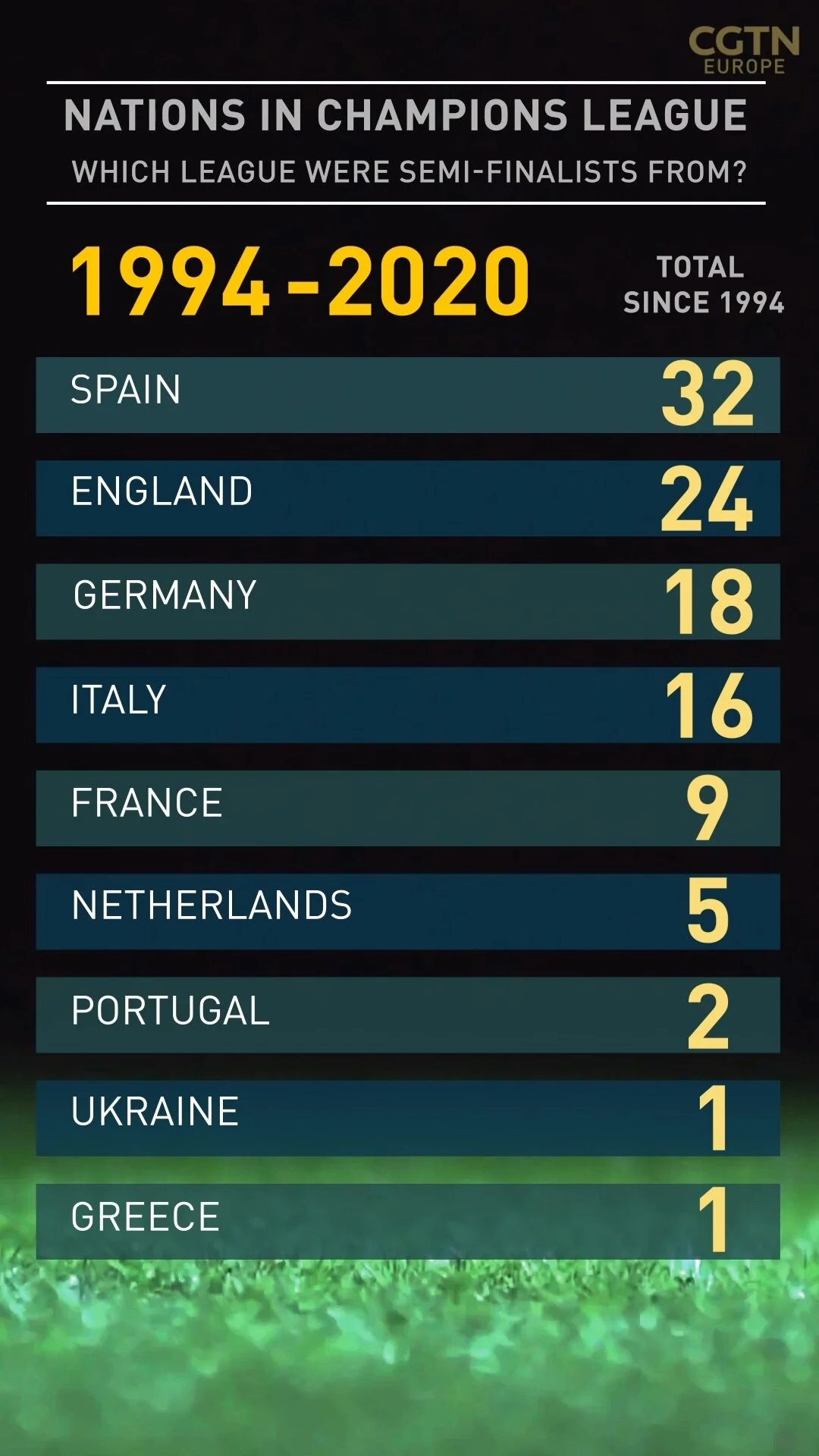Squeaky-voiced alligators and "poop knives": the Ig Nobel Prizes
Ever wondered whether breathing helium makes alligators squeaky, whether the way you kiss is related to your country’s income inequality, or whether a knife made of human feces is any good at cutting?
If not, that’s perfectly understandable – but those with more enquiring scientific minds have been celebrated at the 30th annual Ig Nobel Awards.
Among the European winners of this year’s awards were scientists diligently checking
• whether alligators’ voices are affected by helium
• what happens to the shape of an earthworm when it is placed on a subwoofer
• whether knives manufactured from frozen human feces are effective (spoiler: no)
• and whether there is a relationship between nations’ income inequality and the average amount of mouth-to-mouth kissing.
Another European success story came from Dutch and Belgian researchers Nienke Vulink, Damiaan Denys, and Arnoud van Loon, who diagnosed a long-unrecognized medical condition: Misophonia, the distress at hearing other people make chewing sounds.
The awards, held every year since 1991, honor unusual scientific research or achievements. And although they’re organized by the satirical science magazine Annals of Improbable Research, they carry some heft.
The prizes are given out by actual Nobel laureates, usually in the Sanders Theater at Harvard University, followed by the winners performing public lectures at the Massachusetts Institute of Technology – although due to COVID-19, this year’s ceremony was webcast.
This year’s winners:
Acoustics: Stephan Reber, Takeshi Nishimura, Judith Janisch, Mark Robertson, and Tecumseh Fitch, for inducing a female Chinese alligator to bellow in an airtight chamber filled with helium-enriched air.
Psychology: Miranda Giacomin and Nicholas Rule, for devising a method to identify narcissists by examining their eyebrows.
Peace: The governments of India and Pakistan, for having their diplomats surreptitiously ring each other's doorbells in the middle of the night, and then run away before anyone had a chance to answer the door.
Physics: Ivan Maksymov and Andriy Pototsky, for determining, experimentally, what happens to the shape of a living earthworm when one vibrates the earthworm at high frequency.
Economics: Christopher Watkins and colleagues for trying to quantify the relationship between different countries' national income inequality and the average amount of mouth-to-mouth kissing.
Management: Xi Guang-An, Mo Tian-Xiang, Yang Kang-Sheng, Yang Guang-Sheng and Ling Xian Si - five professional hitmen in Guangxi, China, who subcontracted a murder one to the other with none of them in the end actually carrying out the crime.
Entomology: Richard Vetter, for collecting evidence that many entomologists (scientists who study insects) are afraid of spiders, which are not insects.
Medical Education: Jair Bolsonaro of Brazil, Boris Johnson of the United Kingdom, Narendra Modi of India, Andrés Manuel López Obrador of Mexico, Alexander Lukashenko of Belarus, Donald Trump of the USA, Recep Tayyip Erdogan of Turkey, Vladimir Putin of Russia, and Gurbanguly Berdimuhamedow of Turkmenistan, for using the COVID-19 viral pandemic to teach the world that politicians can have a more immediate effect on life and death than scientists and doctors can.
Materials Science: Metin Eren, Michelle Bebber, James Norris, Alyssa Perrone, Ashley Rutkoski, Michael Wilson and Mary Ann Raghanti, for showing that knives manufactured from frozen human faeces do not work well.
The noble aims of Ig Nobel prizes
Although the Ig Nobels mix a light-hearted approach to scientific study with the odd satirical broadsword, they often prove that research is important. One previous prizewinning finding, that a strain of malarial mosquitoes (Anopheles gambiae) is attracted equally to the smell of Limburger cheese and the smell of human feet, has led to that cheese being used in bait traps in some parts of Africa to combat the epidemic.
The awards always catch the public imagination. In the words of the organizers, "the prizes are intended to celebrate the unusual, honor the imaginative, and spur people's interest in science, medicine, and technology."
They also celebrate the innate inquisitiveness of scientific research. As this year’s winner IVan Maskymov says of his decision to vibrate the earthworms with a loudspeaker, “It was a pure ‘what if’ moment. We didn’t go into this with any particular question or scientific problem to solve. I decided to vibrate the speaker, so I played some instrumental beeping noises through. And they started to move like water.”
Even the failures can be seen as successes in terms of scientific research. When Metin Eren, an assistant professor of anthropology at Kent State University in Ohio, heard the story of an Inuit man in Canada who made a knife out of his own feces, he knew he and his team had to test it out – by freezing waste matter to -50 degrees Celsius and filing it to a sharp edge.
"The poop knives failed miserably,'' he revealed. "There's not a lot of basis empirically for this fantastic story. The point of this was to show that evidence and fact-checking are vital."
The awards are also popular among scientists – 21 of those named above happily took part in the ceremony. And of course there is a cash prize: each winning team was given a $10 trillion bill… but sadly for them, as it’s from Zimbabwe it’s worth around 40 U.S. cents.





